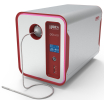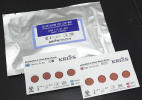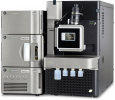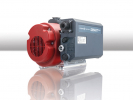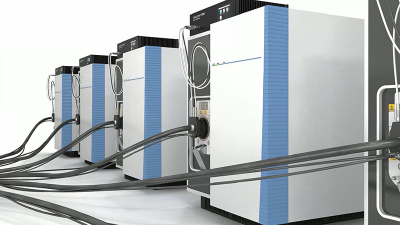
Trace Matters Scientific has introduced two new technologies, SUPER Mass Spec™ and SPion Link™. SUPER Mass Spec™ allows ions produced by a single ion source to be processed in parallel by a network of mass spectrometers. In a SUPER Mass Spec™, each cluster of mass spectrometers (a set of mass spectrometers with identical hardware that work together as a single system) operate in parallel, and therefore, sensitivity, scan speed and dynamic range of each cluster is independently scalable. In addition, a SUPER Mass Spec™ allows for simultaneous analysis of a single sample with different clusters of mass spectrometers, each cluster employing a different type of mass spectrometry technology, such as triple quadrupole, time of flight or trapping mass analysers. This provides a multidimensional view of highly complex samples for cross examination and cross verification of mass spectrometry data, and promotes deep proteome coverage and quantitative data completeness in bottom-up proteomics workflows.
The second technology, SPion Link™, is a flexible ion guide. Ion transfer is lossless in a wide range of m/z, there is no theoretical limit on how long SPion® can be and the ion transfer is extremely fast—close to the speed of sound. SPion Link™ enables fully-automated mass spectrometry workflows to be developed to analyse samples directly from microtiter plates, such as 96-well plates, via custom disposable pipette tips. This provides significant advantages, particularly for clinical applications, where the amount of available sample is typically insignificant. SPion Link™ also minimises reagent use and related costs, eliminates issues with cross-contamination and dead volumes, and allows for a high level of automation in mass spectrometry workflows essential in reproducibility of mass spectrometry data. It also reduces cost of analysis and minimises exposure of lab personnel to biological samples that may be hazardous.


